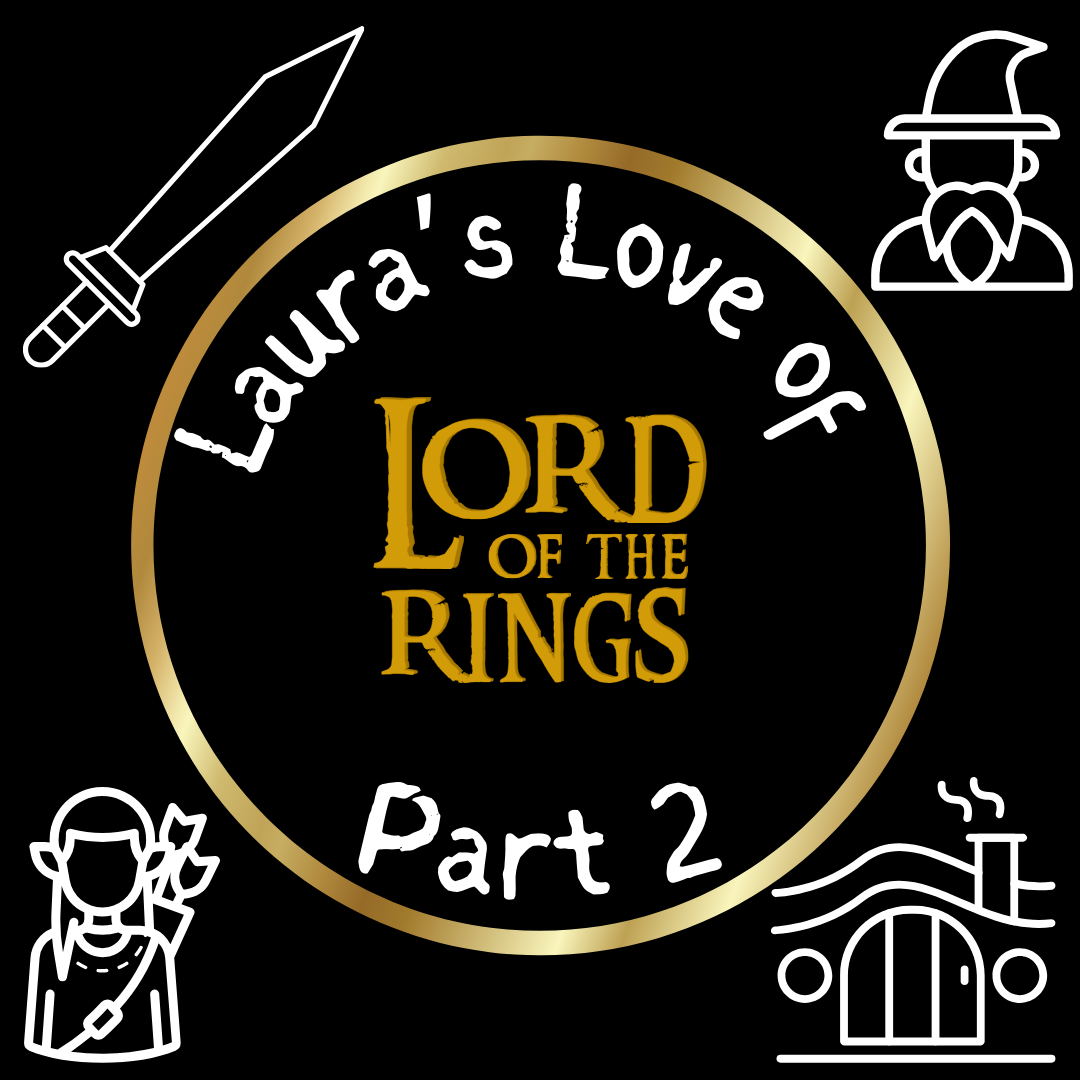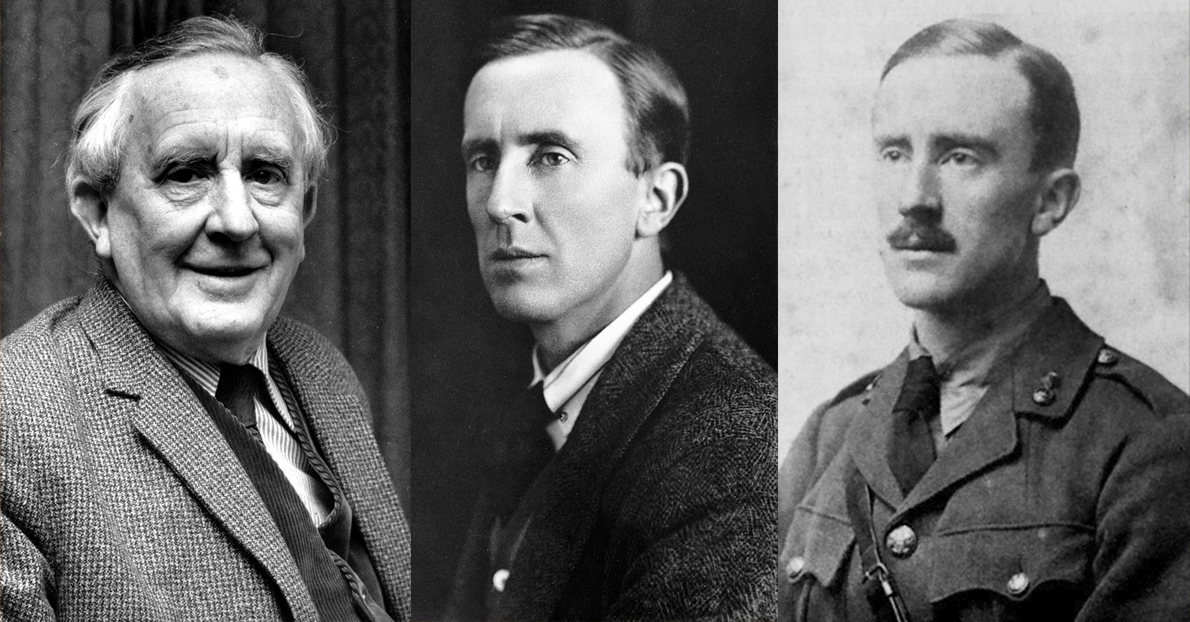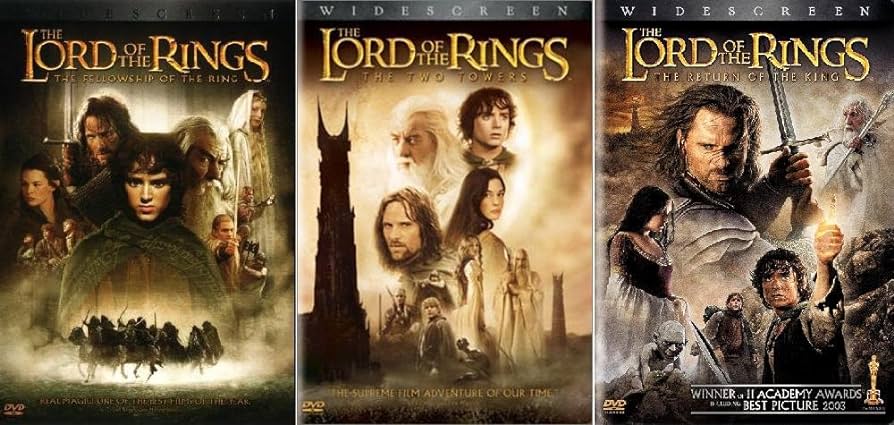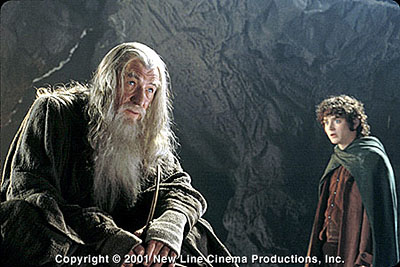
Obviously, I am an avid lover of books. In fact, I love books so much that I am one of those people who thinks that the book is almost always better than the movie. Don’t get me wrong, I love adaptations; There are some that are incredibly well done. For instance, the new Percy Jackson series on Disney Plus is insanely good. They did a fantastic job capturing what made the books so magical for so many people. But generally, no matter how good I think a movie is, I still tend to think the book is better. There is just something about the medium of literature that cannot be outdone. This fact holds true for everything except one of my all-time favorite series: “The Lord of the Rings.” If I believe that books are better than movies nine out of ten times, why would I change my mind for arguably one of the most influential series of the 20th century? Read on to uncover the mystery.

Now, before we get too far, I want to make one thing absolutely abundantly clear: I love J.R.R. Tolkien. If you read my last post about “The Lord of the Rings,” you would know that I have the utmost respect for the great author. Fantasy brings me so much joy. To summarize my first point in that post, I have Tolkien to thank for that. Fantasy is what it is today because of him. He was a genius. I mean, the man literally created an entire language for his own enjoyment. That is not an easy thing to do. I could not be a self-respecting fantasy lover if I did not give credit where credit is due. Tolkien will always have a very special place in my heart.
And yet, despite all of that, despite the immense amount of respect I have for the author of “The Lord of the Rings,” I still believe that the movies are better than the books. There is one main reason for this: accessibility.
 Like I said, I truly believe Tolkien had an absolutely wonderful mind. He had many amazing ideas that were revolutionary for his time. But, in my opinion, you can tell that writing was not his true passion. Don’t get me wrong, I don’t believe his writing is bad by any means. It simply is not for everyone, as he himself states. In the forward to the second edition of “The Fellowship of the Ring,” he says, “As a guide I had only my own feelings for what is appealing or moving, and for many the guide was inevitably often at fault.” Because Tolkien wanted to write the kind of book that he would want to read, he was very focused on his own particular fascinations: worldbuilding and linguistics. He comes right out and says this in that same foreword when he states, “I desired to do this for my own satisfaction, and I had little hope that other people would be interested in this work, especially since it was primarily linguistic in inspiration, and was begun in order to provide the necessary background of ‘history’ for Elvish tongues.” In many ways, Tolkien wrote a history book in the guise of a fantasy epic. And frankly, it’s often hard to read.
Like I said, I truly believe Tolkien had an absolutely wonderful mind. He had many amazing ideas that were revolutionary for his time. But, in my opinion, you can tell that writing was not his true passion. Don’t get me wrong, I don’t believe his writing is bad by any means. It simply is not for everyone, as he himself states. In the forward to the second edition of “The Fellowship of the Ring,” he says, “As a guide I had only my own feelings for what is appealing or moving, and for many the guide was inevitably often at fault.” Because Tolkien wanted to write the kind of book that he would want to read, he was very focused on his own particular fascinations: worldbuilding and linguistics. He comes right out and says this in that same foreword when he states, “I desired to do this for my own satisfaction, and I had little hope that other people would be interested in this work, especially since it was primarily linguistic in inspiration, and was begun in order to provide the necessary background of ‘history’ for Elvish tongues.” In many ways, Tolkien wrote a history book in the guise of a fantasy epic. And frankly, it’s often hard to read.
In my opinion, Tolkien’s writing is pedantic. It is long, wordy, and overly focused on unimportant details. The more I read, the more I tend to agree with the famous writing advice “Show, don’t tell.” I am simply more engaged with a story when the author shows me what is happening through dialogue or actions, rather than telling me that a certain event occurred. And as much as I adore Tolkien, he does a LOT of telling, rather than showing. A good example of this is during the Council of Elrond in the first book. Instead of letting us see important events in the story, all the characters gather and spend pages upon pages upon pages telling each other in long paragraphs what had happened to them. Many of the scenes they describe sound like they could be very interesting. But, because we are handed the information in long walls of text rather than through actions, I found my eyes glazing over. This is where the movies come in.

The ideas in “The Lord of the Rings” are amazing. The execution is not. The movies allow you to access the wonderful thoughts within Tolkien’s mind without the struggle that comes from reading his writing. We get to directly see the beautiful world he describes without reading about each individual blade of grass. We get to know the characters he so lovingly built without them incessantly speaking about their own actions. While reading Tolkien’s writing can often be an undertaking, he does excel at the occasional memorable quotes. The beauty of the movies, however, is that Peter Jackson did a great job preserving the essence of the trilogy. In many cases during those memorable moments, Jackson kept Tolkien’s exact wording, even if he changed the location where the quote takes place.
Essentially, I believe that the movies preserve all that’s so wonderful about “The Lord of the Rings” while eliminating what makes it a difficult series to digest. Quite honestly, without the movies, I don’t think I would have been such a fan of the trilogy. Because of Peter Jackson’s adaptation, I was able to access a world that changed me for the better, and for that, I will be forever grateful.


